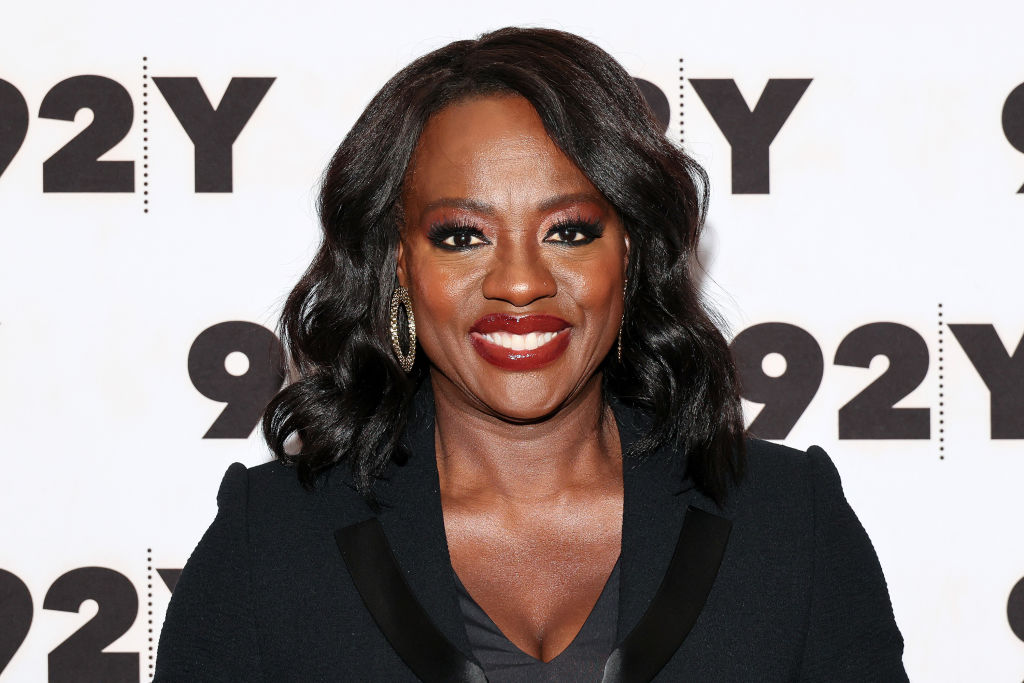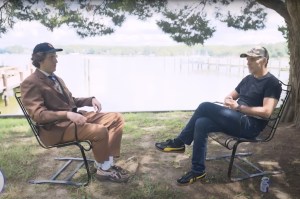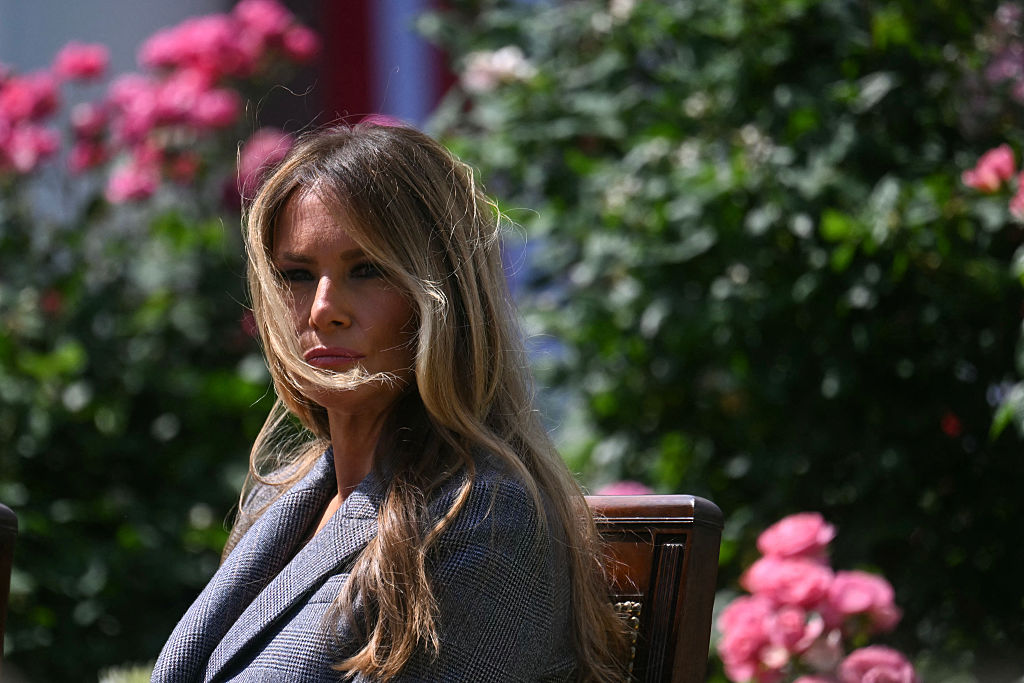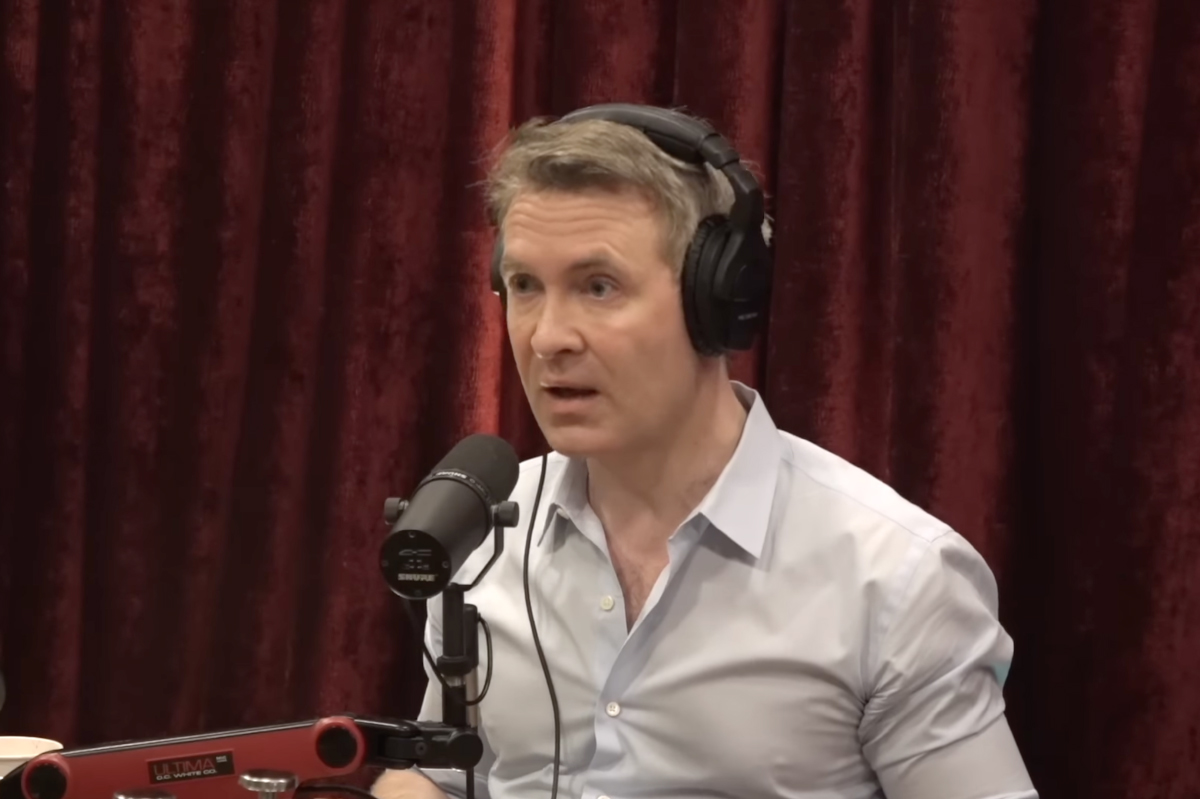When the Oscar-winning actress Viola Davis was recently asked by the BBC how she felt about the poor reviews she has received for her performance as Michelle Obama in the new Showtime series The First Lady, she was not coy in her response.
“Critics absolutely serve no purpose,” she replied. “And I’m not saying that to be nasty either. They always feel like they’re telling you something that you don’t know. Somehow that you’re living a life that you’re surrounded by people who lie to you and ‘I’m going to be the person that leans in and tells you the truth.’ So it gives them an opportunity to be cruel to you.”
The writer Brendan Behan once described a critic as being like “a eunuch in a harem.” Those who work in professions where others are similarly paid to pass comment on their performances or writing or — and this has caused increasing controversy — appearance, are resentful that their hard work and effort can be ridiculed by any writer with a hangover, a thousand words to fill and, possibly, a grudge to settle.
It is a rare actor who has not, publicly or privately, made disobliging comments about some particularly vitriolic writer. However, up until the advent of the internet, criticism remained a relatively limited art form. Its practitioners had to be employed by a newspaper or magazine. And it was possible for the determined to avoid reading any criticism of their performance or work.
These days, effervescent social media reaction to virtually any high-profile piece of work means that only the most thick-skinned can avoid discovering how they are perceived. It no longer matters whether, say, the New York Times or The Spectator chooses to be kind about Davis’s performance. Twitter reaction — the loudest mob justice form of criticism imaginable — is likely to be the defining one, shortly backed up by the Rotten Tomatoes aggregator score.
This is a bad thing, both for critics and those who are criticized. As someone who tries to write nuanced and thoughtful reviews — although sometimes it is made harder by the poor quality of what I am writing about — there is something depressing about having a carefully articulated range of opinions crudely summarized into a snappy, often misleading paragraph and then allied to a star rating or a “fresh” or “rotten” opinion. And I would be far less prepared to defend such a summary to someone offended by a negative review that I had written than the article itself. But we live in an era when attention spans are shorter, offense can be caused ever more quickly and criticism — careful, nuanced long-form criticism — is becoming an endangered art.
Still, Davis cannot be accused of failing to take herself seriously. Magnificent actress though she is, there is something more than a little vainglorious about her comment to the BBC that “Ultimately I feel like it is my job as a leader to make bold choices. Win or fail it is my duty to do that.”
Leaving aside for a moment that Michelle Obama was the wife of a leader rather than the leader herself — although the boundaries have been blurred — Davis seems to have decided that she and the character are indistinguishable. She has reacted with imperious anger at the idea that she should be criticized for doing so. This is her prerogative. But it is also the right of the critic — or at least, the “proper” critic, not the keyboard warrior — to challenge this and, if you will, call it out.
Critics may well be eunuchs in harems. But as Davis has discovered, there’s always someone who needs to do the laundry and pay the bills.

























